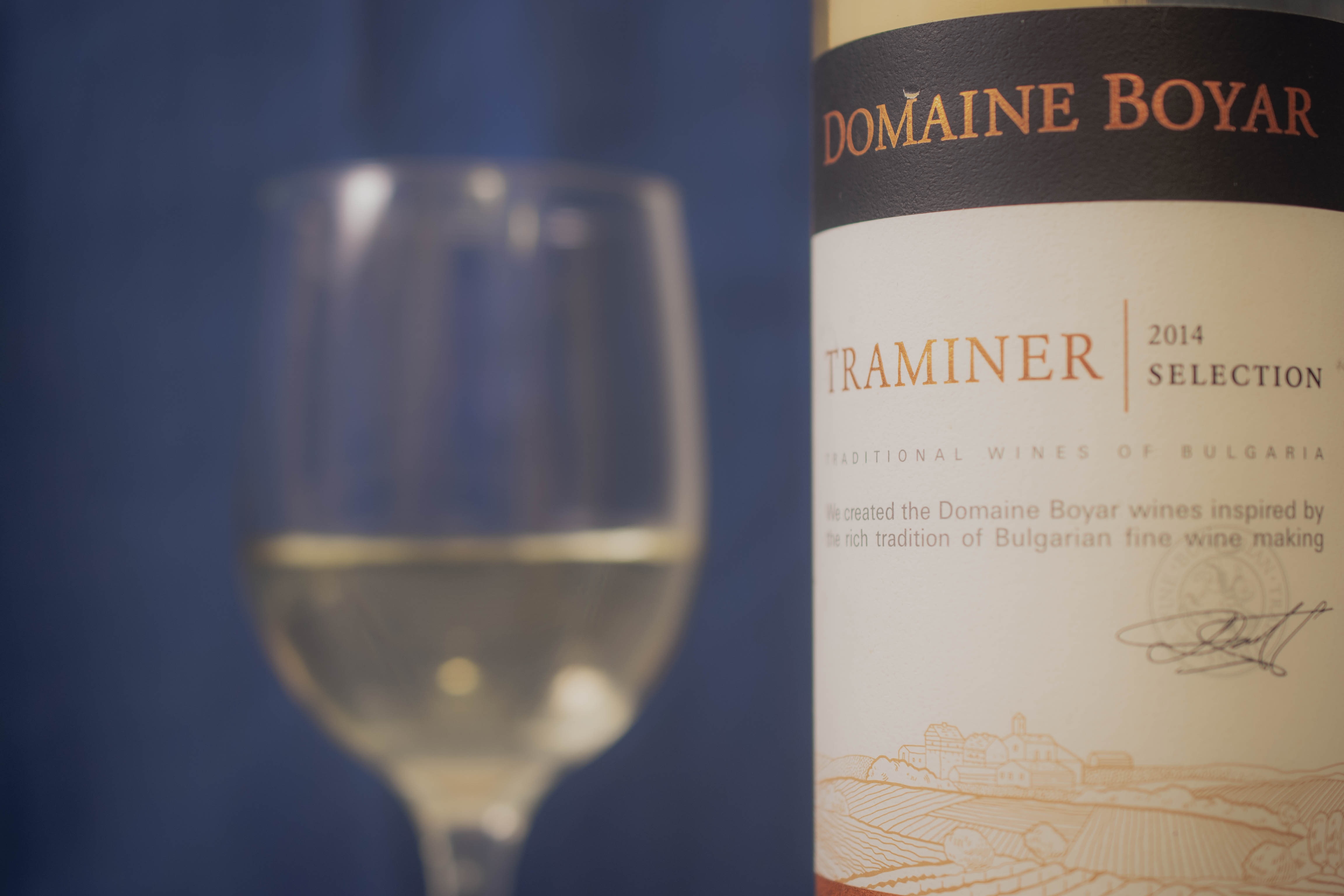A couple years ago a friend asked if I would do a wine tasting in her apartment while her father was visiting. He was both a history buff and a lover of wine, so we agreed to make the theme of the tasting Ancient Wines. She gave me a budget and I did some reading to figure out what to serve. Finding ancient grapes still in use today was harder than I thought it was going to be, so instead I focused on old winemaking techniques and regions that have a long history of wine production.
In retrospect, it wasn’t a bad lineup, especially for someone as new to wine as I was, but I couldn’t help being surprised at how young so many of the wine grapes we use are. I mean, wine is prehistoric and is prominent feature in many of our earliest writings, we’ve been drinking the stuff for thousands of years and yet most of the grapes we use are from the past 200 years or so. We have no truly ancient grapes I’m aware of, the oldest varieties I’ve encountered usually date back to the middle ages. The oldest wine grape I was able to produce for the tasting was Riesling, which dates back to 1435. Still old, but hardly ancient.

This was probably the catalyst for my obsession with obscure grapes, the desire to find something truly ancient; I wanted to know what the Greeks and Romans from antiquity were drinking. Ever since I did this tasting, I’ve gone further and further down the rabbit hole of wine and every time I see a grape or region that has historical significance, I take notice. That’s how I stumbled across Traminer.
The earliest reference of this grape dates is back to 1242, making it among the oldest grapes we still have today. It’s directly related to Pinot, another very old grape, though we don’t know which is the parent and which is the child in this relationship. Traminer is also a parent to Sauvignon Blanc, Chenin Blanc, and a host of other grapes. Over the years it has fallen out of favor, though most wine drinkers have encountered a more fashionable mutation of Traminer, Gewürztraminer.

I was genuinely surprised when I found this bottle sitting on the shelf at Binny’s, in that weird section of the store next to the kosher wines and sweet reds from Eastern Europe. After visiting the producer’s website, it made more sense.
Domaine Boyar was established after the fall of the communist regime in Bulgaria. I love history, it’s that crucial component that gives wine a sense of romance. A winery rising from the ashes, the turbulence and strife, of a failed bureaucracy, like a phoenix? We were off to a good start, but the next lines ruined it all, they began talking about “key markets,” their “portfolios,” and other corporate bullshit. That’s when I sensed something, a presence I’ve not felt since…
Domaine Boyar is in bed with Constellation Brands. For those unfamiliar them, Constellation is a beverage giant responsible for a significant percentage of shit I don’t want to drink, Kim Crawford, Meiomi, Mondavi, Woodbridge, to name a few. It’s sort of like finding out that nice girl you just met moonlights for Emperor Palpatine. “Yeah, I started working on the Death Star while I was in college, and after I began my career I really missed the excitement of millions of voices suddenly crying out in terror and then being silenced, so now I pick up a couple shifts on the weekends. They’re like family.”

Look, I don’t want to sound pretentious. If you enjoy one of these brands, please continue, I would never want to take that away from someone. Wine is a very confusing, and often frustrating, topic. Companies like Constellation make it much easier for the average consumer to navigate.
I’m generally not a fan of how they do business. They are the charging corporate bull of Wall Street set loose in a China shop. Like any large company, their actions have far reaching consequences I often find distasteful, but at the end of the day it’s their lack of romance I really have a problem with.
Beautiful pictures of rolling vineyard hills set against corporate doublespeak about global markets and a long list of awards I’ve never heard of is about as sexy as pillow talk via a PowerPoint presentation. Sometimes you can wander so far into the echo chamber of business that you forget why people are buying what you sell, why you wanted to sell it in the first place.
All that being said, let’s be real, what were the chances of me finding a wine made from this grape in Chicago without Constellation? I can’t complain too much in this instance.
So, how was it? The wine had tropical flavors of lychee and pineapple, with hints of grapefruit. It was the kind of wine best enjoyed with shorts and a Hawaiian shirt, preferably with your feet propped up on something while sitting in the shade. If there was ever a wine that needed a tiny umbrella, this would be it. Was it complex? Not really. Sometimes that’s important for me when I’m having a wine, it wasn’t this time. Instead, it was refreshing, likable, and easy to drink. The evening was better after I opened the bottle than it was before. In the end, that’s what matters.
